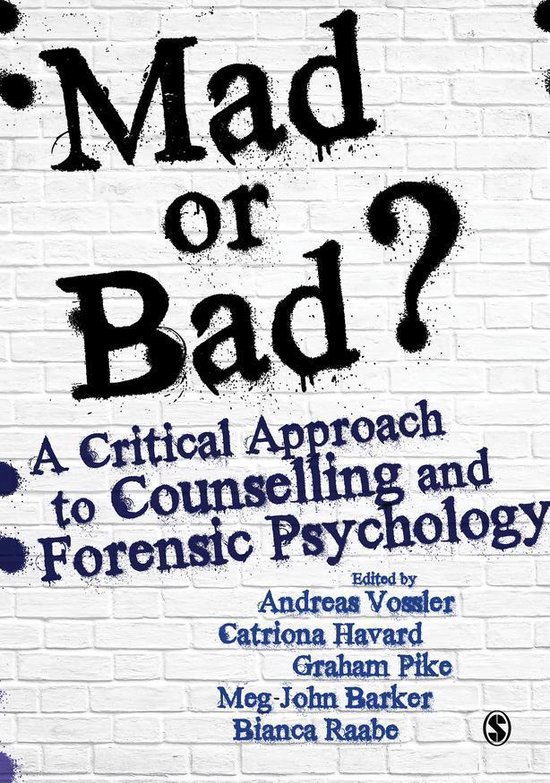Unit 1: Key aspects of counselling.
Describe the types of issues that may prompt people to seek counselling.
Counselling at its core is a form of communication that offers a relationship between a
client and a trained professional counsellor based on the principle of empowerment and
empathy. With an explicit contract, boundaries, confidentiality clauses, and a non-judge-
mental environment, counselling looks to explore experiences and difficulties in order to
address and resolve these. The basis for this relationship is one of equality and non-con-
flict.
Within modern society it is increasingly common for individuals to experience some form of
therapy at various stages of their lives. There are many reasons people seek out coun-
selling, and each client is unique with individual problems. For clients, these problems feel
unmanageable and they are unable to form solutions to these on their own. Some issues
include, but are not limited to; depression; anxiety; trauma; bereavement; marriage/rela-
tionship breakdown; phobias; and addiction.
There are a number of settings and types of counselling, varying depending on the issues
prompting individuals to seek counselling. For example, a family experiencing breakdowns
in communication due to mental health disorders are likely to seek family counselling,
whereas an individual struggling with addition may seek out counselling within a hospital or
group community setting specialising in that particular addiction. Other setting include, but
again are not limited to; telephone and online counselling; child and adolescent coun-
selling; health centres; private practices; and workplace counselling. These settings are
flexible to the clients needs.
, Counselling by its nature is not something someone can be forced to take part in (BACP,
2009). Individuals can be recommended and referred to counselling, and it is fairly com-
mon for clients to report friends and family or doctors suggesting they attend therapy.
There are, however, instances where individuals are expected to attend some form of
counselling. For example, inmates within the prison service can be court mandated to at-
tend counselling as part of their sentence (Barker et al., 2017). Similarly those sectioned
under the Mental Health Act can be required to attend individual or group counselling as
part of their recovery. The expectation to attend does not mean that individuals will partici-
pate and there are concerns within these settings pertaining to confidentiality, consent,
and power imbalances (Barker et al., 2017), but for an average individual it is expected
that they enter into therapy of their own free will.
The process for entering into counselling is relatively simple. Individuals can either seek
out a private counsellor on their own, or request a referral to a service by health providers,
such as GP’s. Once the referral has been made it is expected that the counsellor will reach
out to the individual either by telephone, email, or letter to arrange the first session. During
this session the boundaries will be set, consent and confidentiality will be ascertained, and
an explanation as to how counselling works will be provided (Barker et al., 2017).
Discuss problems of advice in counselling.
There is a common misconception for those individuals seeking counselling that a thera-
pist will simply advice and provide all the answers. In everyday life, it is common for indi-
viduals in distress to turn to others for help and advice; to be told how to resolve their is-
sues rather than trying to find the root causes for the problems they are experiencing. It
stands to reason then that individuals will seek the same from professional counsellors;





